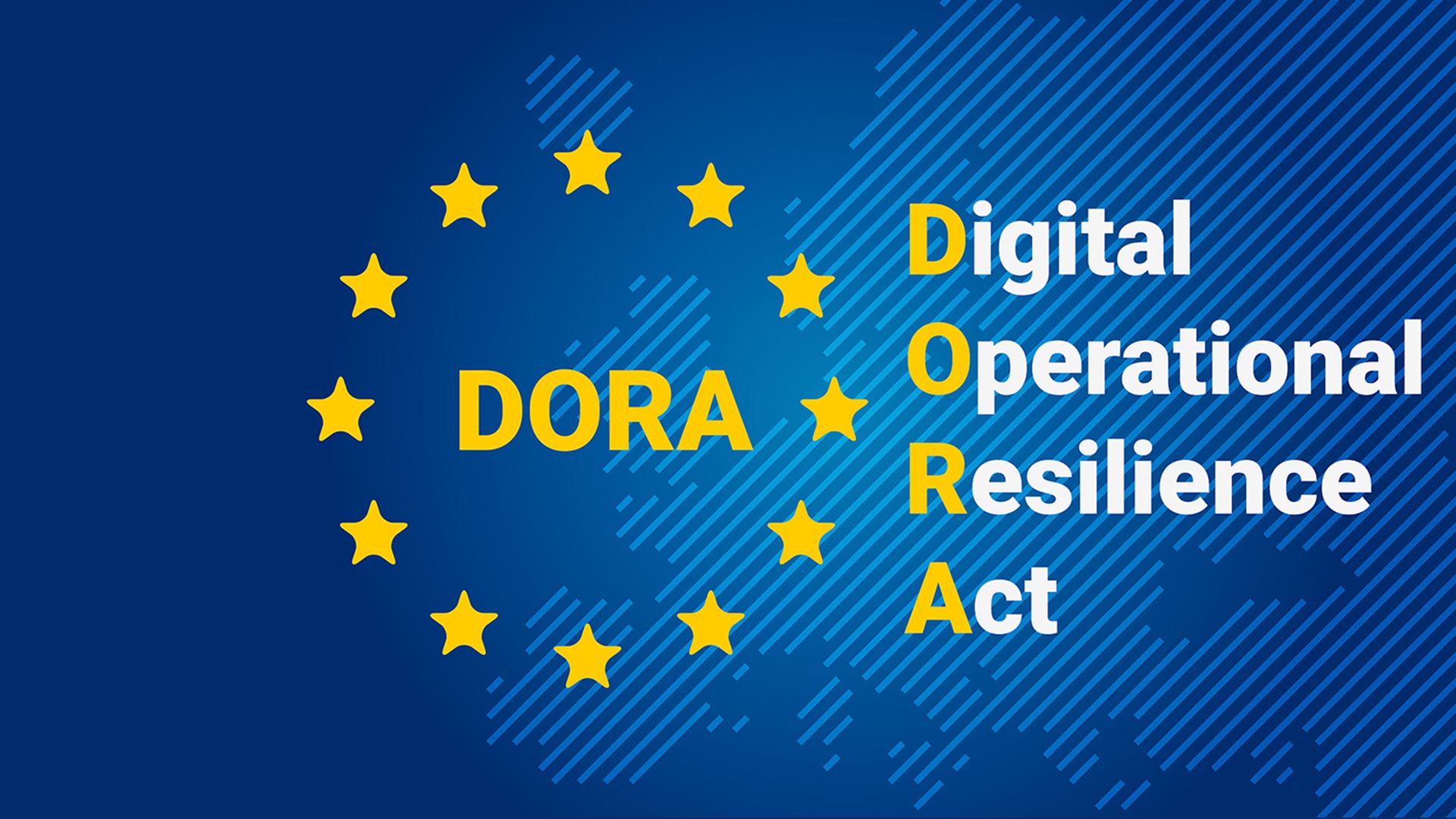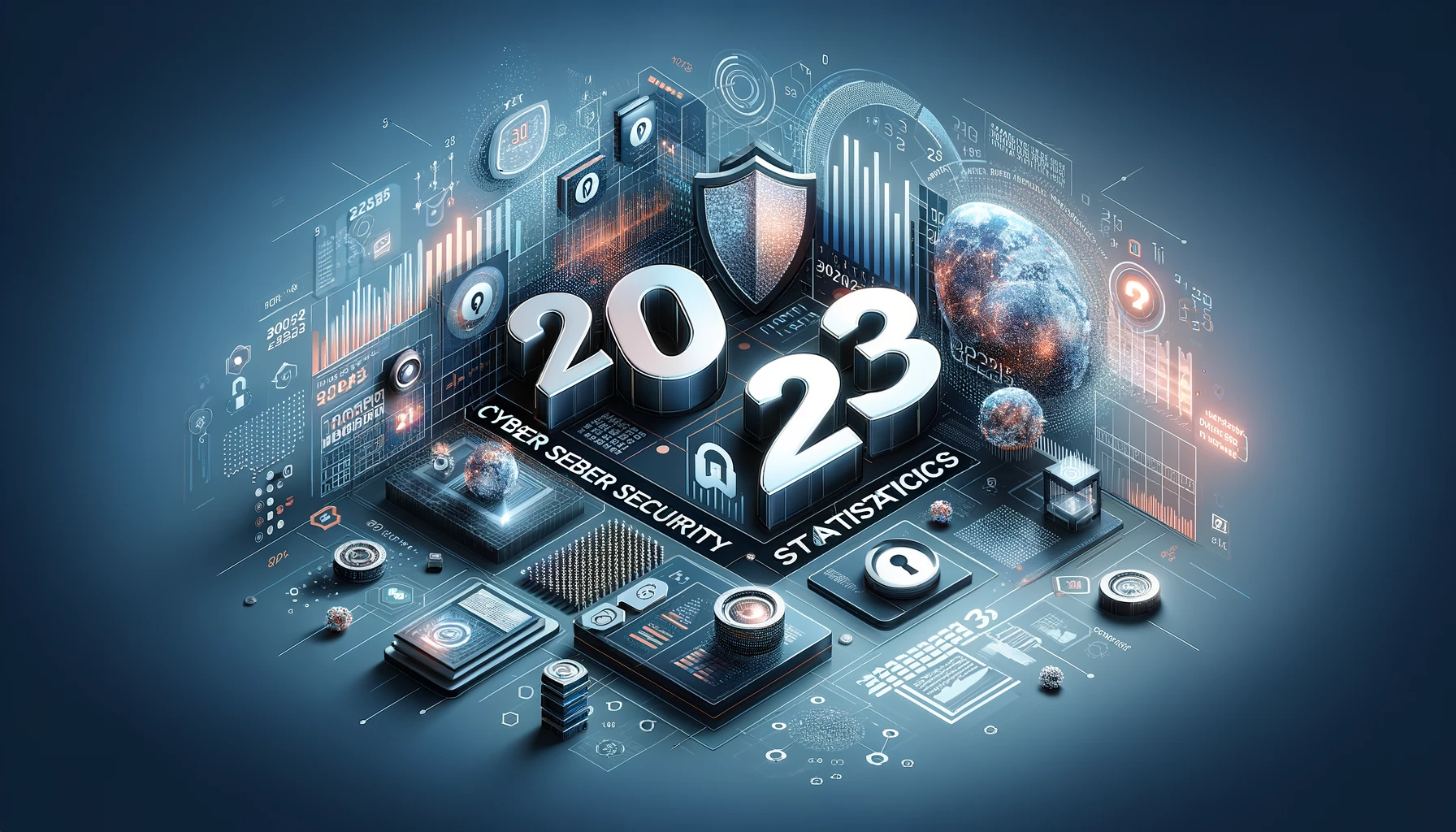What are The 5 Pillars of DORA and How Can Integrity360 Help?
At the end of January 2024 the first batch of the draft regulatory technical standards for DORA were released, providing further details on its implementation. In this blog we look at the five pillars of the initiative and how Integrity360 is the place to come to get your organisation compliant.















